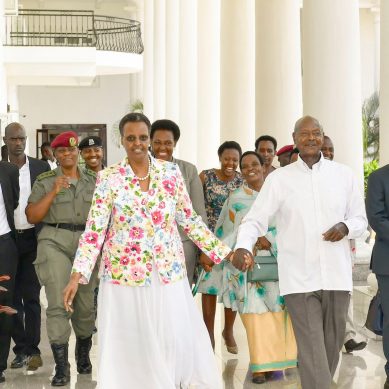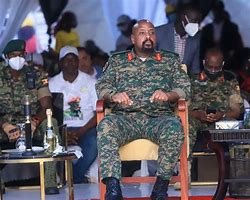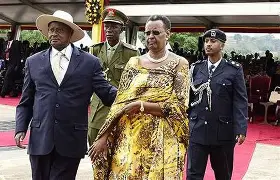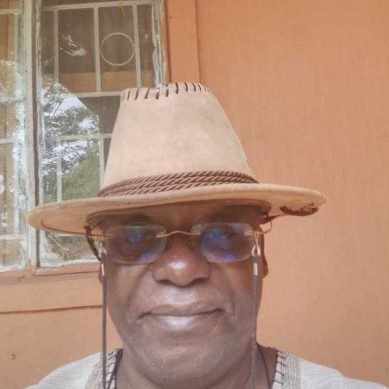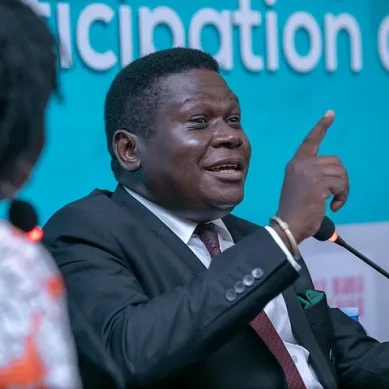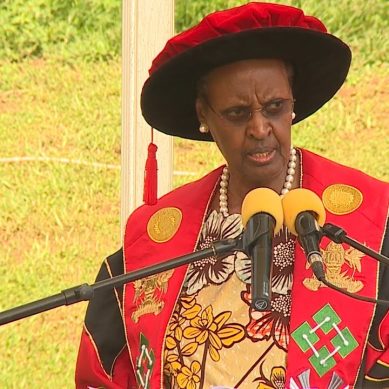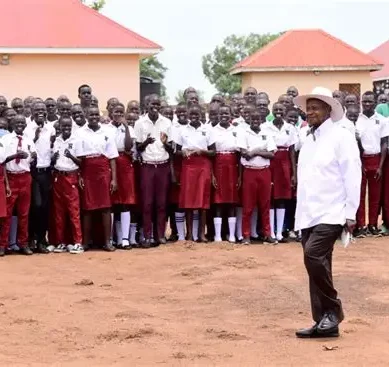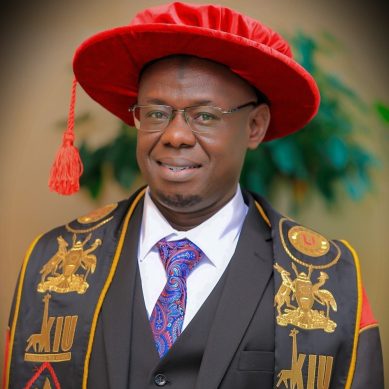Why discipline, time management and sociality became critical ingredients of success in Uganda’s pioneer institutions of higher learning
Discipline is critical because without it we cannot set and achieve goals, develop good habits, overcome challenges, improve time management, and enhance family and community growth and development. In a sentence, we cannot be successful.
NRM, UPDF are firmly in the hands of President Museveni’s over-militarised family that determines who rules Uganda
In UPDF, the powers of recruiting, promotion, retention and retiring army officers is vividly in the hands of General Muhoozi Kainerugaba – who is the Chief of Defence Forces (CDF) and son of President Tibuhaburwa Museveni. In a way, the manipulated Parliament of Uganda gave the UPDF Act 2025 to family of President Tibuhaburwa Museveni in general and General Muhoozi Kainerugaba in particular. The act allows the military to try civilians.
Veteran opposition leader Besigye denied bail by Ugandan court in treason case
Kizza Besigye, who denies any wrongdoing, was forcefully returned to Uganda from neighbouring Kenya in November last year, and initially charged in a military tribunal, before his case was transferred to a civilian court.
Is General Muhoozi Kainerugaba the lodestar of anti-corruption leadership in Uganda?
There is now no doubt that General Muhoozi Kainerugaba has been a fast-rising star in the military and in Uganda’s politico-military status quo. As I stated above, his rise in the army was fast-tracked by the President.
State legitimacy crisis in Uganda: A hotchpotch of deep state, military state and police state that represses or suppresses alternative opinion
We see erosion of peace and security in both rural and urban areas at a rate unimaginable after 2000. Ogega Otunnu (2017) has indicated that the crisis of state legitimacy and political violence in Uganda continues. He has looked at the crisis of state legitimacy under the Uganda National Liberation Movement/Army (UNLF/A) from 1979-1980, Uganda People’s Congress during Obote II from 1981/1985, Tito Okello military junta from 1985-1986 and National Resistance Movement under Tibuhaburwa Museveni from 1986-2016 (SpringerLink Search, 2020).
While the world has evolved and knowledge system have evolved too, Ugandan universities are still wedded to knowledge silos
Where the interdisciplinary, crossdisciplinary, transdisciplinary and extradisciplinary knowledge systems have been allowed to flourish, they create alternative scholarship and innovations have become more prevalent than where the disciplinary knowledge system continues to predominate.
Academic ageism, intellectual death and decline of public intellectualism: The making of Uganda intellectual cemetery
Professors, as they expand the age range, point to positive aspects of ageism, which reflects that increasing age is not associated with negative aspects in the work environment. The aging professor is positively positioned as he is inserted in more postgraduate programmes.
Needed: Alternative scholarship in alternative universities to resuscitate public intellectualism in Uganda
The current politically-oriented leadership of Makerere University is not aware of the fact that interdisciplinarity, crossdisciplinarity, transdisciplinarity and extradisciplinarity are growing movements within academia globally. It seems to be satisfied leading a university buried in the past, superimposing disciplinarity and multidisciplinarity on a society that should be benefitting from integrative and integrating academic and intellectual processes.
How Museveni became Uganda’s Enemy No.1 in knowledge industry for rewarding natural sciences far better than humanities
Many people have wondered why President Museveni is emphasising natural sciences and related disciplines and fields and advocating against arts, humanities and social sciences when his background is in those fields, and when almost 99.9 per cent of the members of his government also have backgrounds in those broad fields of knowledge.
Museveni beware: Public distrust in authority has led to significant rise of charlatans as ‘thought leaders’ in Uganda
The marketplace of ideas model remains faithfully wedded to a neoclassical view that depends on a perfectly costless and efficient exchange of ideas, but also remains vulnerable. Blocher, by addressing the “economic” objections to the marketplace metaphor, attempted to better describe, explain God and rehabilitate the marketplace of ideas.
- 1
- 2





